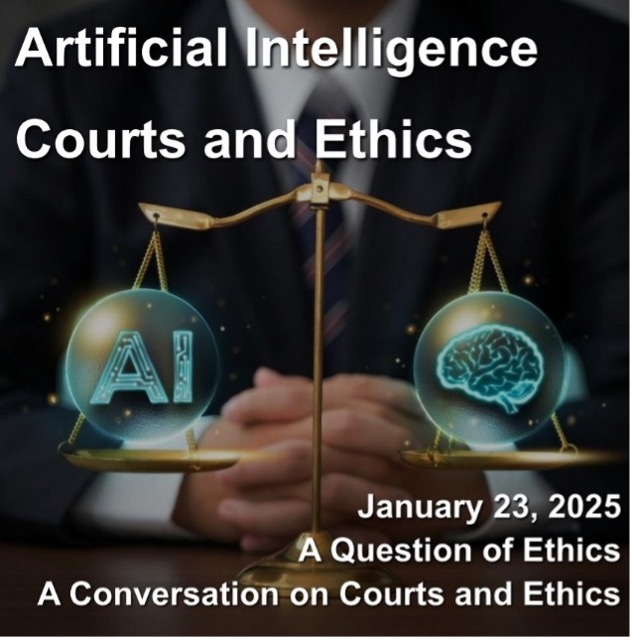
Artificial intelligence has the potential to reshape the judicial system. AI-powered tools, from legal research assistants to sentencing algorithms and customer service chatbots, offer efficiency but also introduce risks, particularly bias. Additionally, the confidentiality of court records and legal proceedings becomes a pressing concern, as AI systems require vast sums of data for training—potentially exposing sensitive information to breaches or misuse.
While AI chatbots improve accessibility by guiding litigants through procedural questions, the possibility of providing incorrect information and the prohibition against providing legal advice highlights the need for careful human oversight.
As courts integrate AI into their operations, how do we ensure transparency, accountability, and fairness? What ethical and legal questions arise?
Here to discuss these pressing questions are:
Moderator
Creadell Webb, Chief Diversity, Equity, and Inclusion Officer, 1st Judicial District in Philadelphia, Pennsylvania
Panel
Courtney Whiteside, Director, Municipal Court, St. Louis, Missouri
Alison Braaton, Clerk, District Court, Grand Forks County, North Dakota
Andrea Powers, Director of Human Resources, Idaho Court System
Amy Emig, Business Development Manager, Multnomah Circuit Court, Portland, Oregon
Kelly Hutton, Court Administrator, North Dakota Court System
Peter Kiefer, Host, Court Leader’s Advantage Podcast Series
Nickolas Brackley, IT Specialist, Oregon Judicial Department
Norman Meyer, Retired Clerk, U.S. Bankruptcy Court, District of New Mexico
Roger Rand, IT Manager, Multnomah Circuit Court, Portland, Oregon
Watch or listen to the episode
You can also watch or listen to the episode on nacmnet.org.
Become part of the conversation
Email us at ethics@nacmnet.org.


